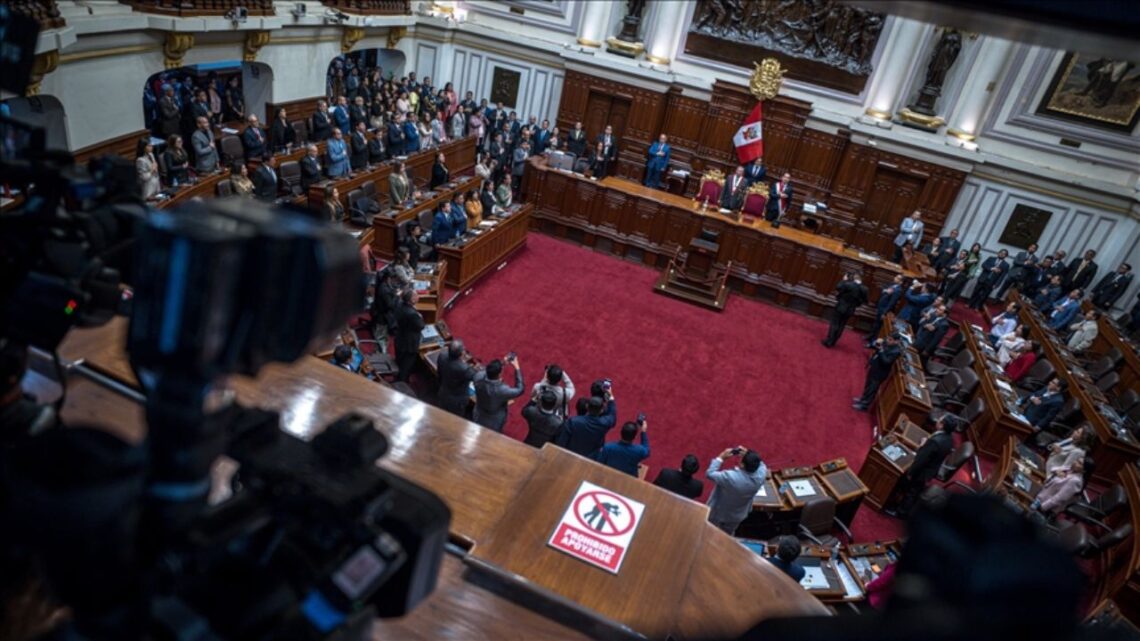Russia has framed Peru’s leadership transition as an internal affair, extending best wishes to newly sworn-in President José Jerí.
The message underscores respect for Peruvian sovereignty and signals continuity in bilateral relations as Lima navigates a sensitive political handover following the impeachment of Dina Boluarte on October 10, 2025.
How Peru Reached This Moment
Peru’s Congress voted to remove Dina Boluarte for “permanent moral incapacity,” amid mounting controversy and a worsening security crisis.
Then-Congress chief José Jerí, aged 38, was sworn in as the country’s seventh president in roughly nine years.
He has pledged to prioritize a war on crime, stabilize the economy, and prepare the country for general elections in April 2026, with the current term running through July 2026.
Moscow’s Position and Why It Matters
By labeling the shift a domestic matter, Moscow avoids any perception of interference while signaling pragmatic diplomatic continuity.
This stance offers Lima space to concentrate on public security, macroeconomic reassurance, and institutional stability—areas the new administration has identified as urgent.
Early Signals from the New Government
President Jerí moved quickly to assemble a cabinet aligned with his priorities:
- Prime Minister: Ernesto Álvarez, a conservative legal scholar and former head of the Constitutional Court.
- Economy and Finance: Denisse Miralles, seen as market-friendly and focused on investor confidence.
- Foreign Affairs: Hugo de Zela, a seasoned diplomat expected to steady regional and global ties.
- Interior: Vicente Tiburcio, a retired general tasked with leading the “war on crime.”
These choices reflect a hard pivot toward security and economic stability, paired with experienced diplomatic management.
Security and Economic Context
Peru faces a sharp rise in homicides and extortion, straining public confidence and pressuring the new cabinet to deliver visible results quickly.
On the economic front, maintaining fiscal discipline, encouraging private investment, and unclogging infrastructure and mining pipelines are near-term imperatives to support growth and employment.
Quick Facts
| Key Item | Detail |
|---|---|
| Impeachment date | October 10, 2025 |
| New President | José Jerí, age 38 |
| Continuity message from Russia | Leadership change is Peru’s internal affair; best wishes to Jerí |
| Top priorities | War on crime, economic stability, institutional order |
| Early cabinet picks | PM Ernesto Álvarez, Economy Denisse Miralles, Foreign Hugo de Zela, Interior Vicente Tiburcio |
| Elections | General elections slated for April 2026; term runs to July 2026 |
What to Watch Next
- Public Security: Short-term crime metrics (homicides, extortion, prison control) as immediate indicators of the anti-crime strategy.
- Market Signaling: Budget guidance, public-private project pipelines, and messages to investors.
- Diplomacy: Whether partners echo non-interference and collaborate on security and trade without complicating Peru’s domestic agenda.
Russia’s carefully neutral stance—calling Peru’s transition an internal matter and wishing President José Jerí success—gives Lima diplomatic breathing room as it zeroes in on crime reduction, economic steadiness, and institutional calm.
With a security-first cabinet and 2026 elections on the horizon, Peru’s immediate challenge is to translate policy intentions into rapid, credible results that restore public trust and investor confidence.
